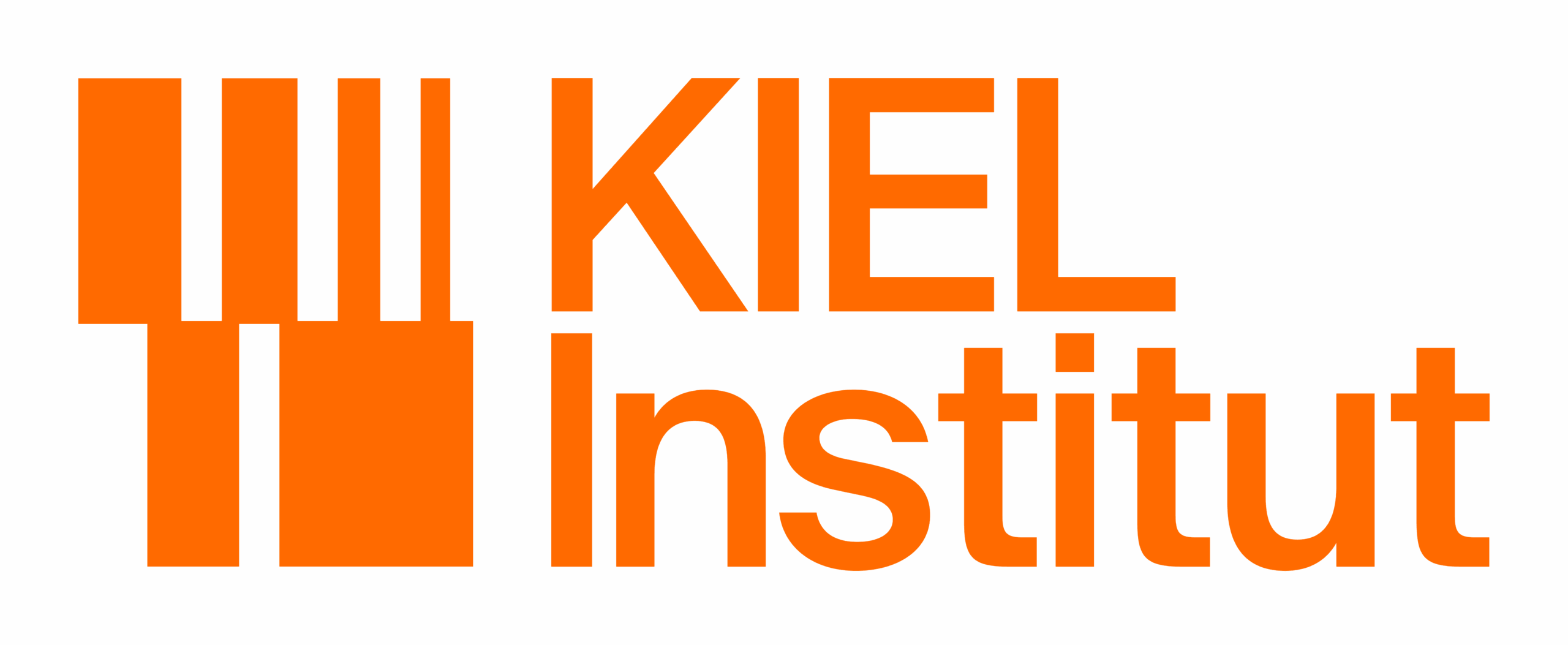Implications of Temperature Overshoot Dynamics for Climate and Carbon Dioxide Removal Policies in the DICE Model
8th March 2022


 KCG Projects
KCG Projects


